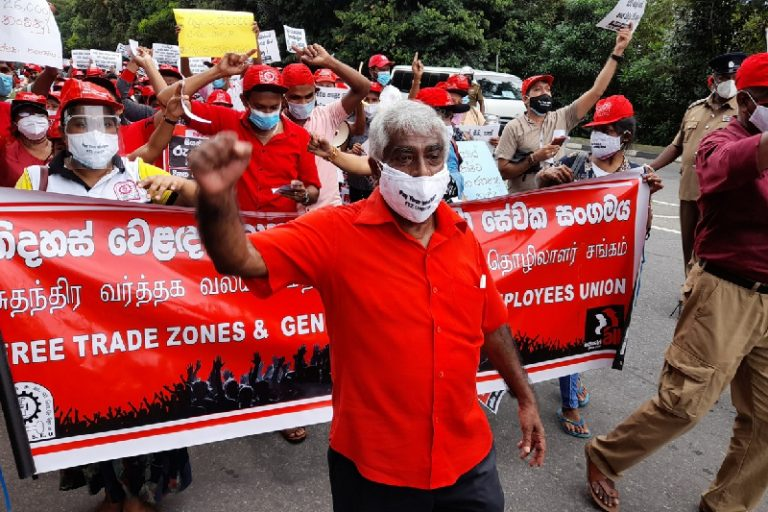Sri Lanka boosts minimum wage by 40% amid economic recovery
Sri Lanka’s cabinet endorsed a significant increase to the minimum wage, reflecting the government’s response to the nation’s financial difficulties. This decision marks an important step toward supporting workers who have been impacted by the economic fallout from the country’s recent financial crisis. Transport Minister and cabinet spokesperson Bandula Gunawardana announced the decision, demonstrating the administration’s commitment to meeting the pressing needs of its citizens as the economy navigates a path to recovery. The approved wage hike of 40% will raise the minimum wage from its current level of 12,500 rupees ($42) to 17,500 rupees.
The context for this decision is the financial crisis that has gripped Sri Lanka’s economy since 2022. This crisis was triggered by a sharp drop in the nation’s foreign exchange reserves, leading to problems like high inflation, currency depreciation, and a default on foreign debt obligations. The repercussions of these economic disturbances have been deeply felt by people across the country, with many facing increased financial strain and uncertainty about their economic prospects. In response to these challenges, the government has been actively pursuing measures to stabilize the economy and ease the burdens faced by its citizens.
The minimum wage increase has important implications for poverty alleviation efforts and family livelihoods in Sri Lanka. With the average monthly household income for the poorest 20% of the population around 17,572 rupees, the wage hike represents a significant boost for families struggling to make ends meet. This pay rise has the potential to lift many households out of poverty and provide them with greater financial security and stability. Recent data has also highlighted the increased financial vulnerability experienced by most families amidst the crisis’s fallout. This underscores the critical need for actions to strengthen financial resilience and employment for all citizens, especially those most impacted by the economic downturn.
Despite signs of economic stabilization, major challenges remain for Sri Lanka’s full recovery. While the country has benefited from a $2.9 billion program from the International Monetary Fund, obstacles like energy subsidy cuts continue to pose difficulties for citizens. This has disproportionately affected the most vulnerable segments of society, exacerbating the current precarious financial situation faced by many individuals and families. In response, protests have erupted in the capital Colombo, with students and trade unions demanding significant action to address the rising cost of living and ensure equitable economic recovery.



Comments
Post a Comment